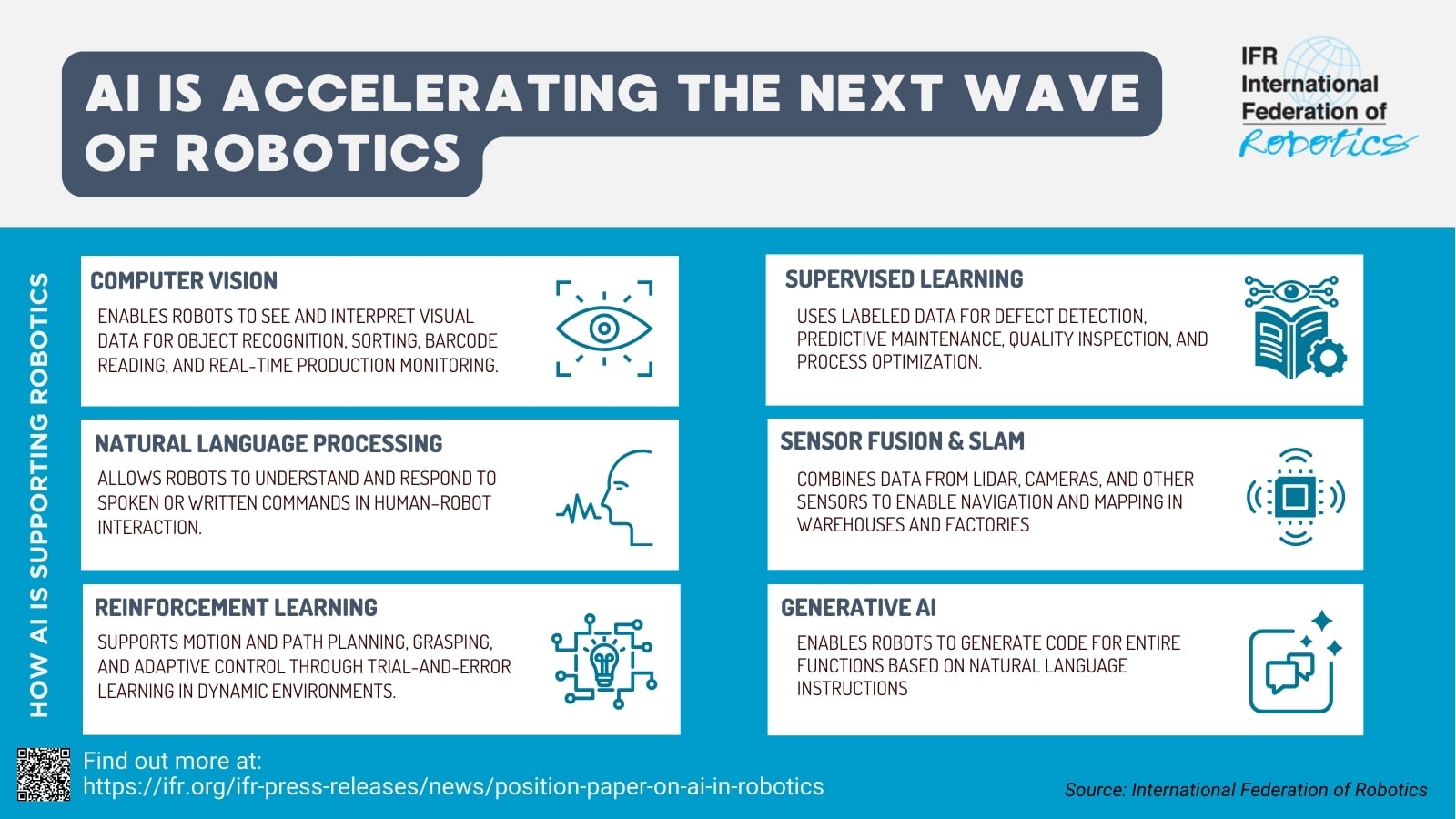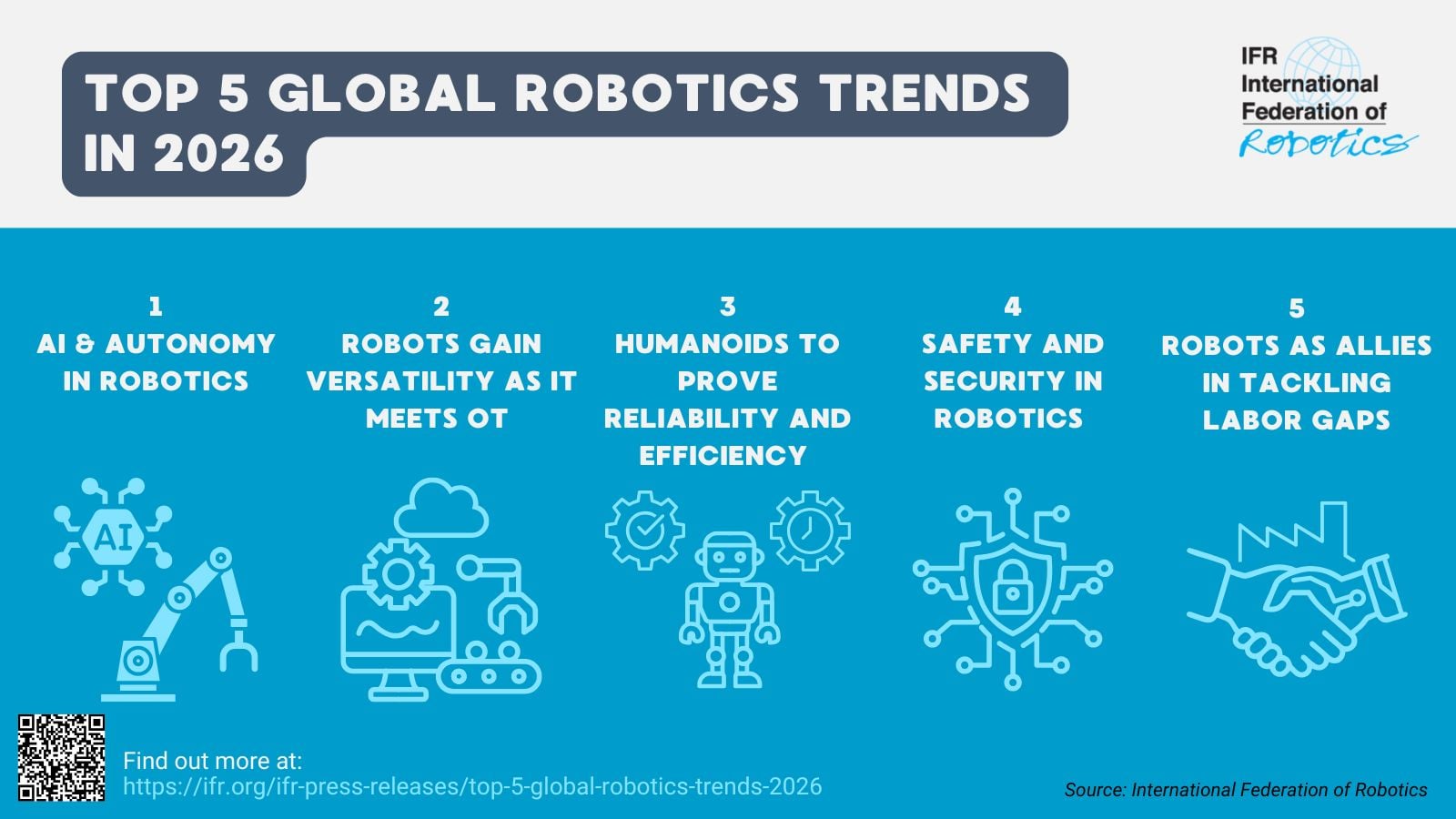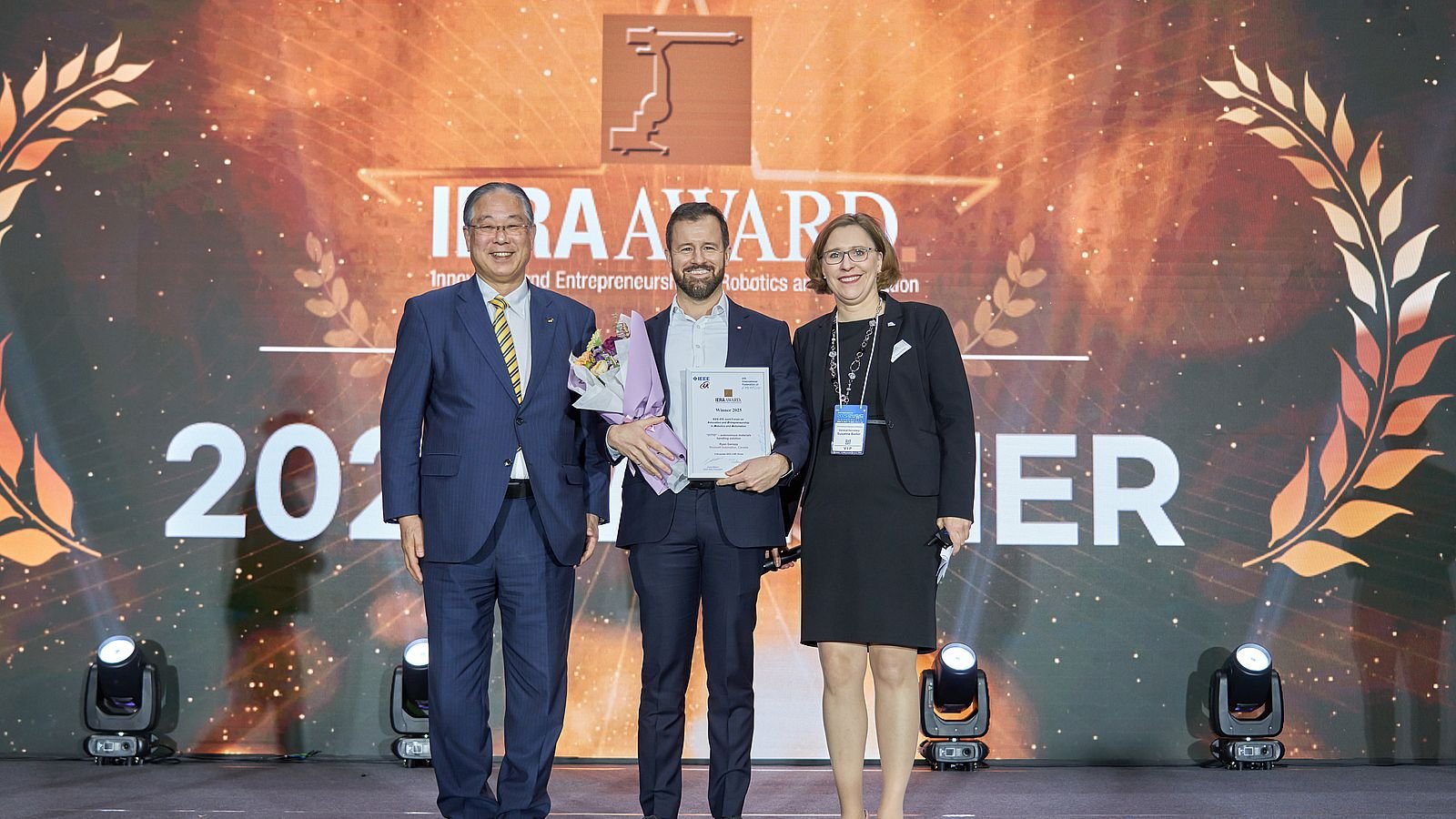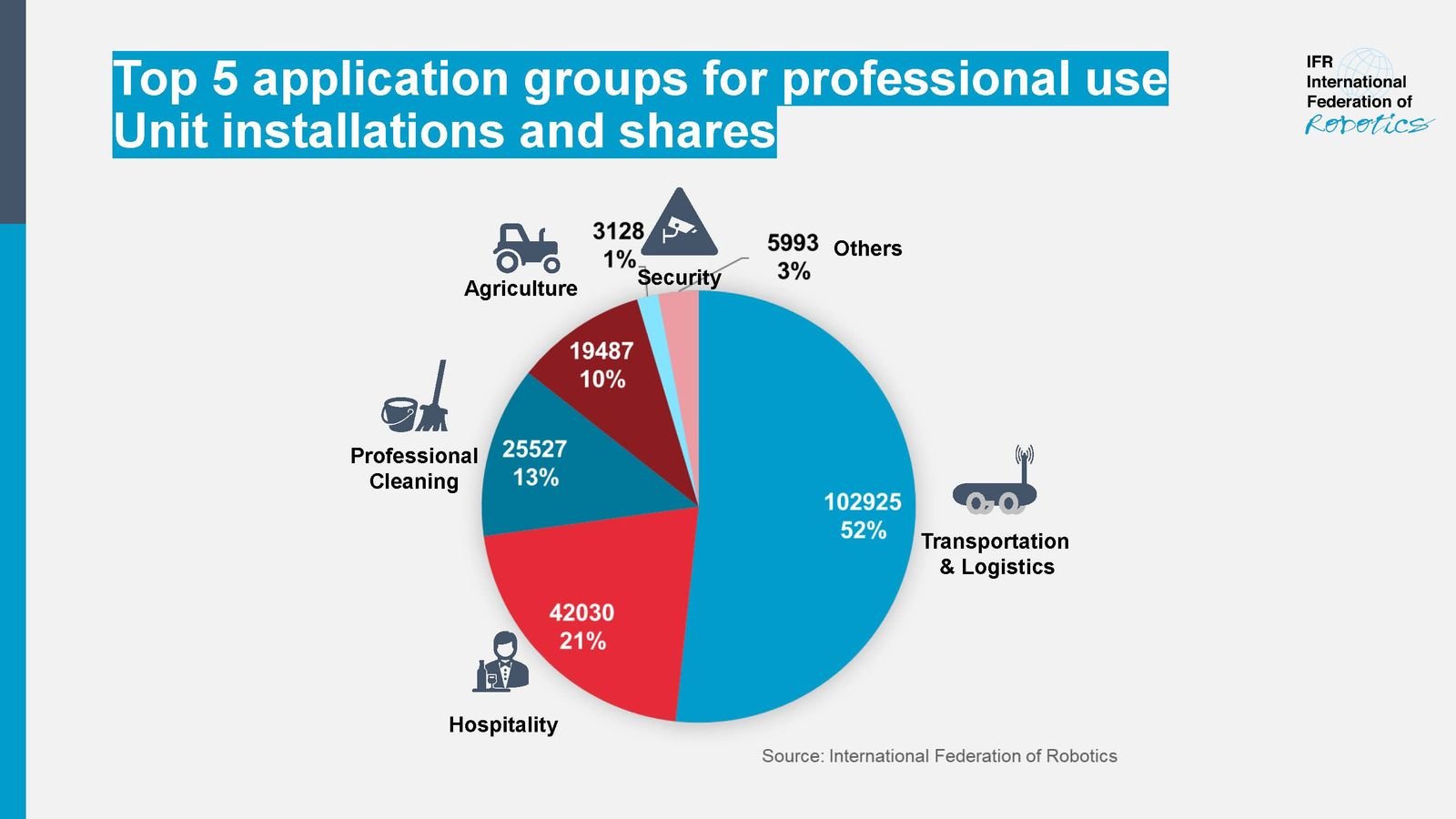
Korea hits new record of 300,000 industrial robots in operation
Korea doubled operational stock within 5 years
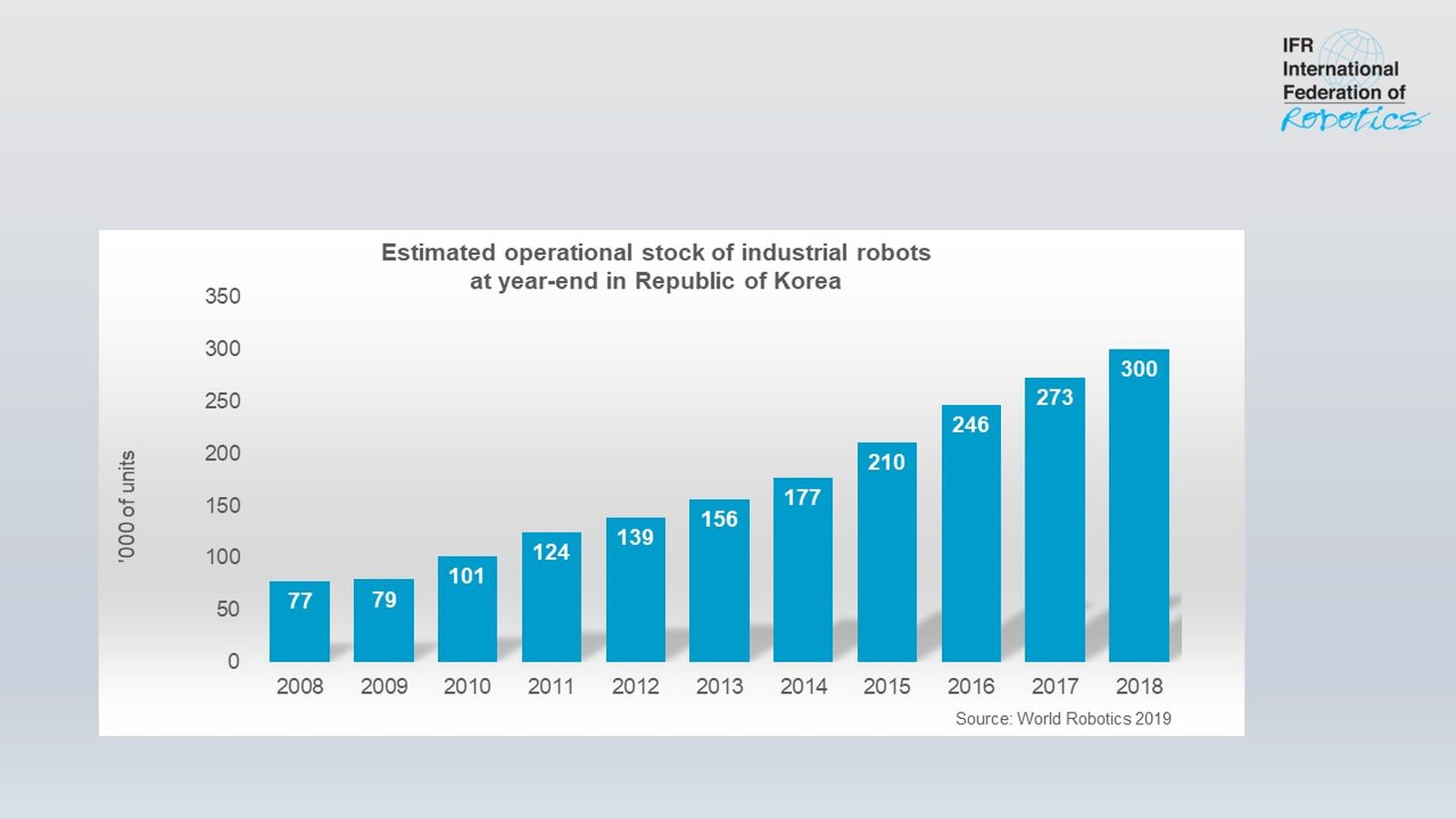
Republic of Korea more than doubled the operational stock of industrial robots within five years.
“Robot installations declined by 5% to 37,807 units in 2018,” says Junji Tsuda, President of the International Federation of Robotics. “Both, the electrical/electronics industry and the automotive industry reduced installations – together they account for 82% of total demand.”
Trade dispute
South Korea is affected by the US-China trade dispute, but there could be positive as well as negative effects: China is an important export destination for Korea´s intermediate products. The conflict could result in decreasing demand from China. In contrast, Korean products might substitute Chinese products. But currently, the South Korean economy is in troubled waters. Declining demand for electronic products and announcements of investment reductions by major electronics companies point towards another year of decreasing robot installations.
Robots needed to remain competitive
In the long run, the extensive use of robots is vital in order to maintain competitiveness. Korea’s population is ageing rapidly. By the middle of this century, it will have one of the oldest populations out of all OECD countries, just behind Japan, Italy and Greece. In 2050, more than one third of the population will be over the age of 65 and around half of all workers will be aged 50 and over. This helps to explain why South Korea has already embraced robots, particularly in its manufacturing sector, where “robot density” ranks second place in the world - following Singapore. With 774 industrial robots per 10,000 employees, the Republic of Korea has more than twice the number of Germany (3rd with 338 units) and Japan (4th with 327 units).
Korea´s Workforce Development
The Workforce Development and Training Act, updated in 2019, is one important initiative in a series of government- driven programs. People get support to develop skills of how to handle robots and automated machines. The “Smart Manufacturing Innovation Strategy” announced the build-up of 50,000 smart factory workers by 2022. And the Third Robot Basic Plan with a runtime of 5 years will support training of 2,200 workers for small and medium-sized enterprises by 2023.
Files for Download
Please find files for download below. Robot images for download in our newsroom. Further information on World Robotics, like Executive Summary etc., can be found in free downloads.
Press contact
econNEWSnetwork
Carsten Heer
Tel. +49 (0) 40 822 44 284
Email: [email protected]
